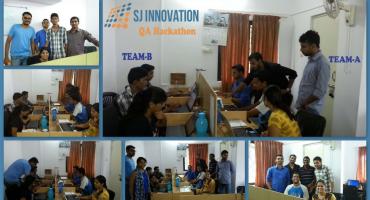Web Scraping vs API: Which is the Best Way to Extract Data?
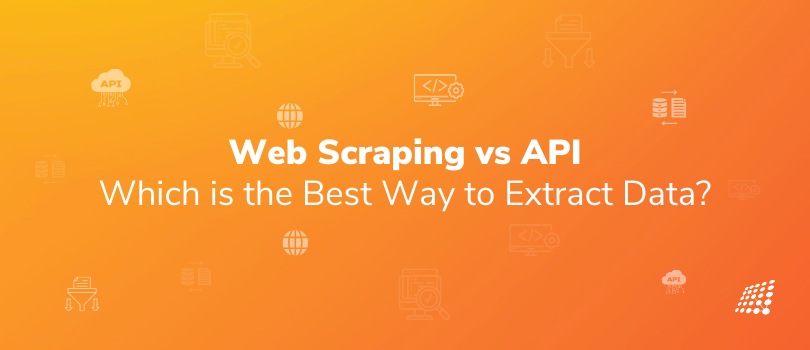
Do you know that one of the most common ways to extract data from websites is through web scraping? The other common method is APIs. How do you know which one suits your business needs the best? Well, it all depends on which one suits your extraction needs the best. Let’s dive into web scraping and API, web scraping vs API, and which is the best method to extract data.
What is Web scraping?
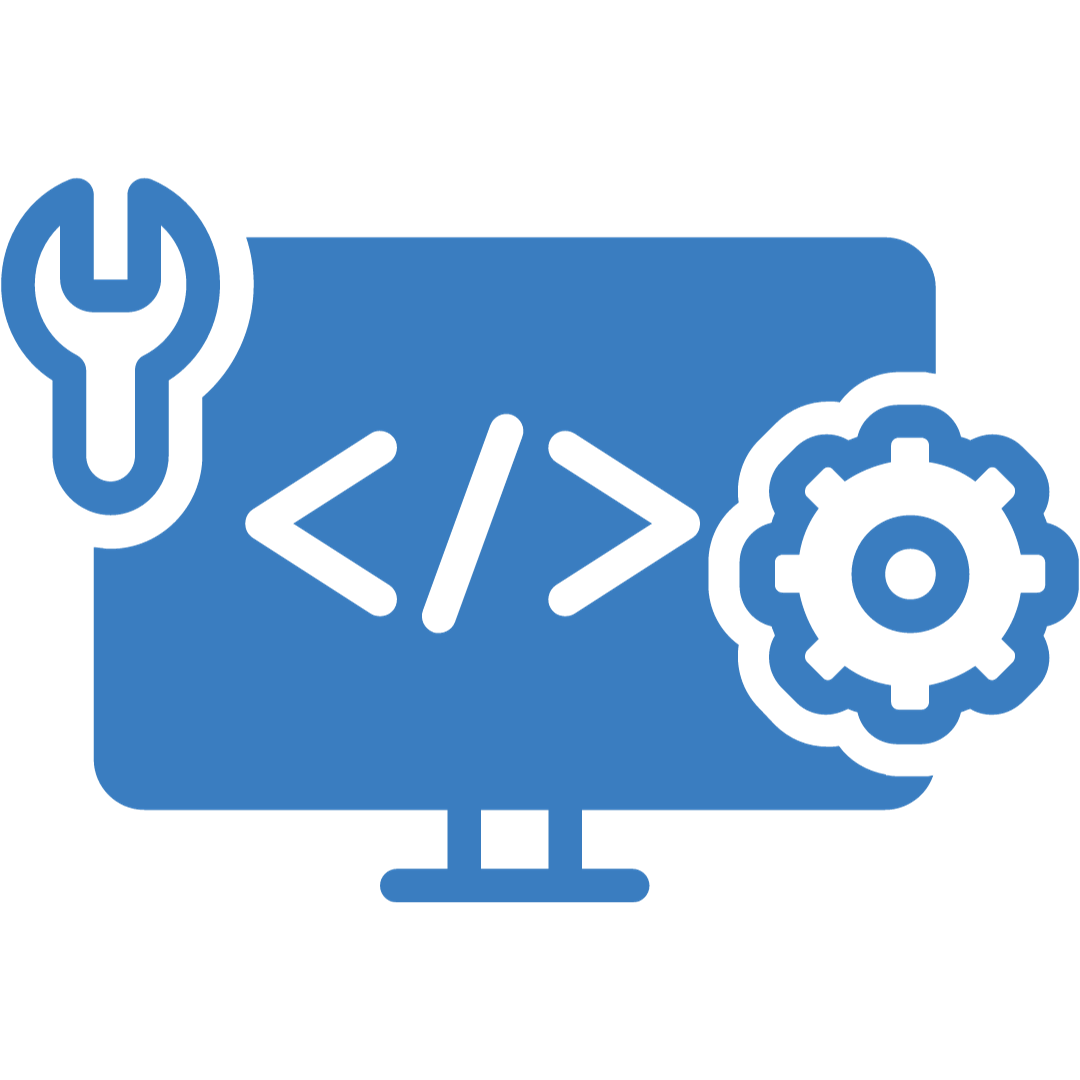
You may wonder, what is the meaning of web scraping? Web scraping is the process of automatically extracting data from websites. This can be done using a variety of tools and web scraping techniques, such as crawling the website's HTML code or using a web scraping API. Web scraping is a powerful tool that can be used to extract data from a wide variety of websites. However, it can also be a challenging and time-consuming process.
What is API?
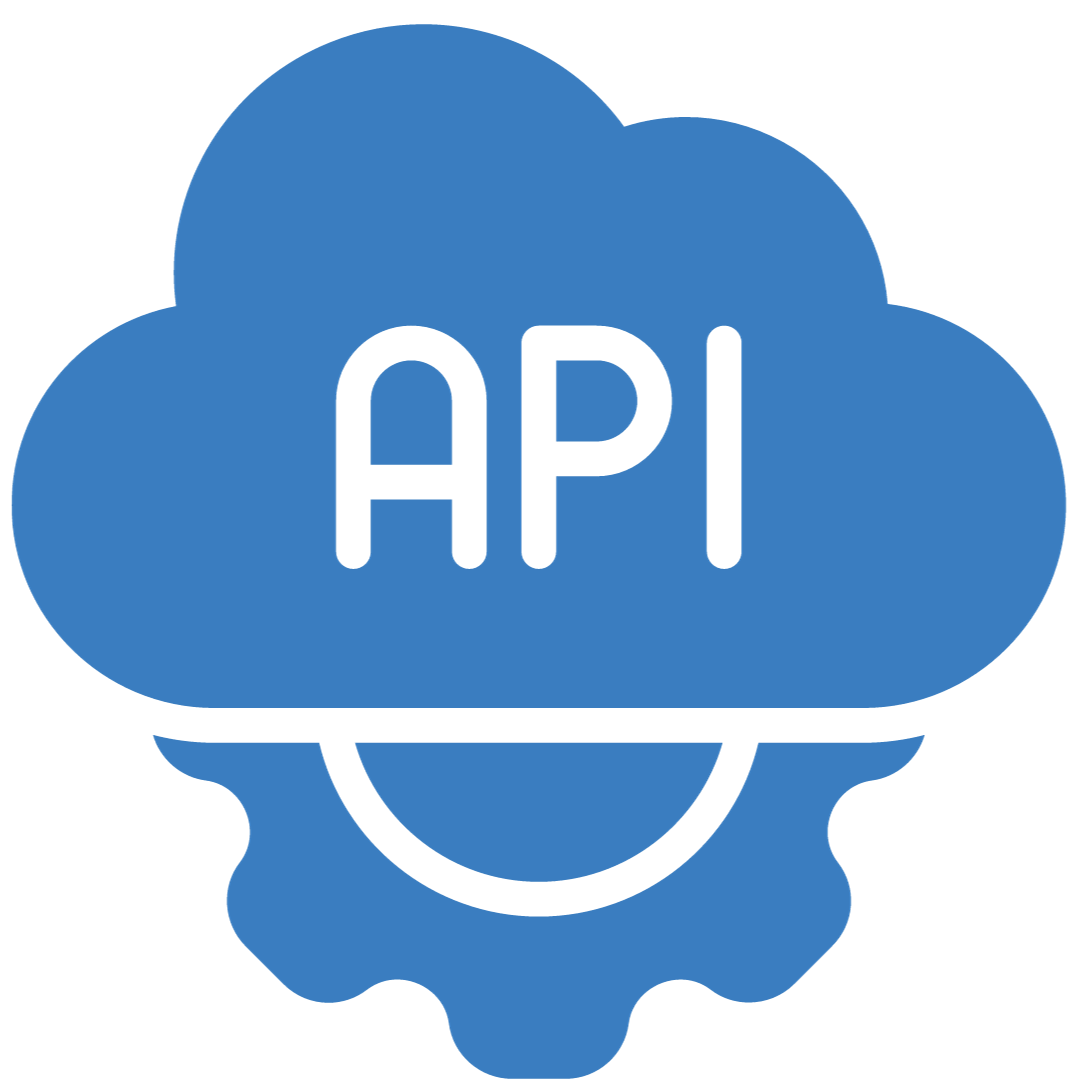
API meaning in software (Application Programming Interfaces) is a way for software applications to communicate with each other. APIs provide a structured way to access data from a website. This can be done by sending a request to the API and receiving a response in a specific format. APIs are typically easier to use than web scraping, and they can be more efficient in terms of speed and performance. However, APIs are not always available, and they may not provide access to all of the data that you need.
Key Differences between Web scraping and APIs
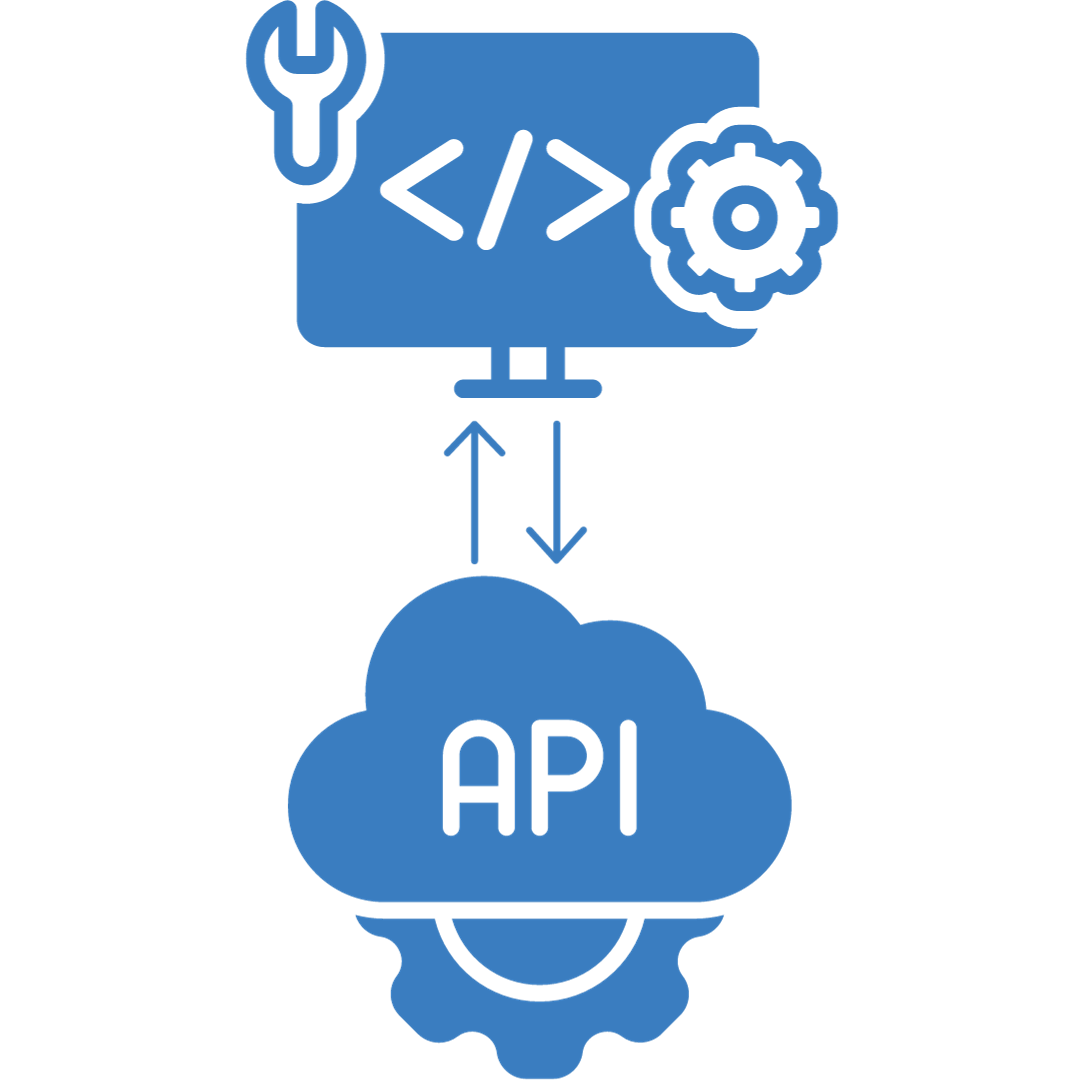
In terms of data extraction, web scraping is typically automated, while APIs can involve manual or automated data retrieval.
The data format obtained through web scraping varies, often requiring additional processing, whereas APIs provide structured data.
In terms of speed, web scraping can be slower, as it depends on website responsiveness, while APIs are generally faster and more reliable.
Web scraping can be challenging due to website changes and anti-scraping measures, while APIs are typically easier to use with well-documented endpoints.
Moreover, the availability of data through web scraping is not always guaranteed, as websites may restrict access, while APIs are usually more reliable and available.
Finally, the cost factor differs as well; web scraping is typically free or low-cost, while APIs may come with associated expenses, depending on the provider and usage limits.
Best Way to Extract Data?
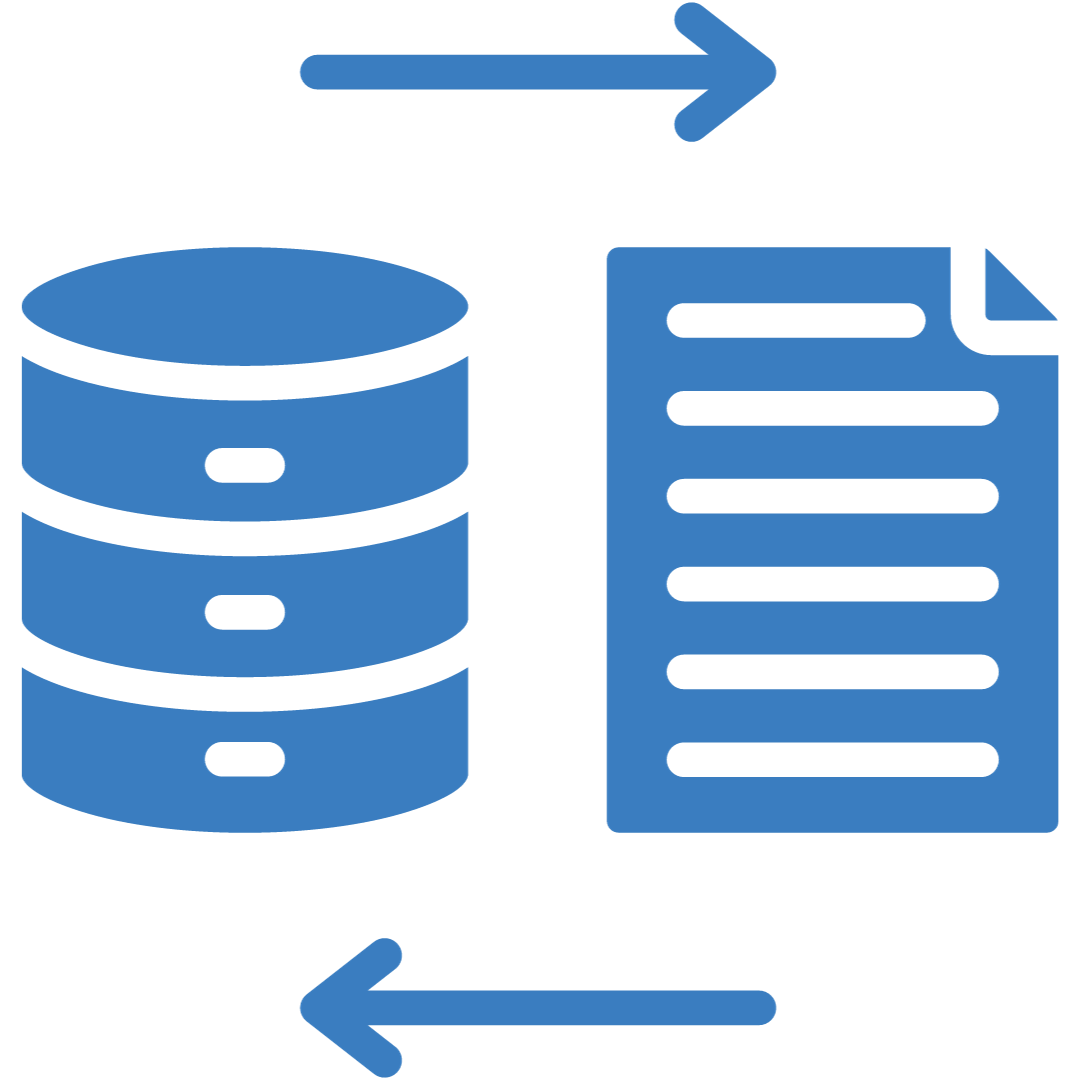
So, which is the best way to extract data? Web scraping vs API for data extraction?
The answer depends on your specific needs. If you need to extract data from a website that does not have an API, or if you need to extract data in a specific format, then web scraping tools may be the best option for you. However, if you are looking for a more efficient and easier way to extract data, then an API may be a better choice.
Here are some additional factors to consider when choosing between web scraping and APIs:
- The amount of data you need to extract. If you need to extract a large amount of data, then web scraping may be the better option. are typically limited in the amount of data that they can return.
- The data extraction frequency with which you need to extract data. If you need to extract data on a regular basis, then an API may be the better option. Web scraping can be time-consuming and inefficient if you need to extract data frequently.
- The budget you have available. Web scraping is typically free or low-cost. APIs can be expensive, depending on the provider and the amount of data that you need to extract.
Here are the pros and cons of web scraping:
Web scraping
Cons:
- Can be challenging and time-consuming to set up and maintain.
- Can be difficult to scale to large amounts of data.
- Can be blocked by websites if they detect that you are scraping data.
- Can be considered illegal in some cases, if you do not have the permission of the website owner.
Pros:
- Can extract data from any website, even if it does not have an API.
- Can extract data in a variety of formats.
- Can be free or low-cost.
Pros and Cons of APIs
Cons:
- May not be available for all websites.
- May not provide access to all of the data that you need.
- Can be expensive, depending on the provider and the amount of data that you need to extract.
Pros:
- Easier to set up and maintain than web scraping.
- More scalable to large amounts of data.
- Less likely to be blocked by websites.
- Considered legal in most cases.
Ultimately, the best way to extract data will depend on your specific needs and requirements. If you are not sure which approach is right for you, then it is a good idea to consult with a data expert.
Here are some additional things to consider when choosing between web scraping and APIs:
- Your technical skills: If you are not familiar with web scraping techniques, then an API may be a better choice. APIs are typically easier to use than web scraping, and they can be more efficient in terms of speed and performance.
- The amount of data you need to extract: If you need to extract a large amount of data, then web scraping may be the better option. APIs are typically limited in the amount of data that they can return.
- The data extraction frequency with which you need to extract data: If you need to extract data on a regular basis, then an API may be the better option. Web scraping can be time-consuming and inefficient if you need to extract data frequently.
- The data extraction budget you have available: Web scraping is typically free or low-cost. APIs can be expensive, depending on the provider and the amount of data that you need to extract.
Web Scraping and APIs: Today’s Go-To Approach
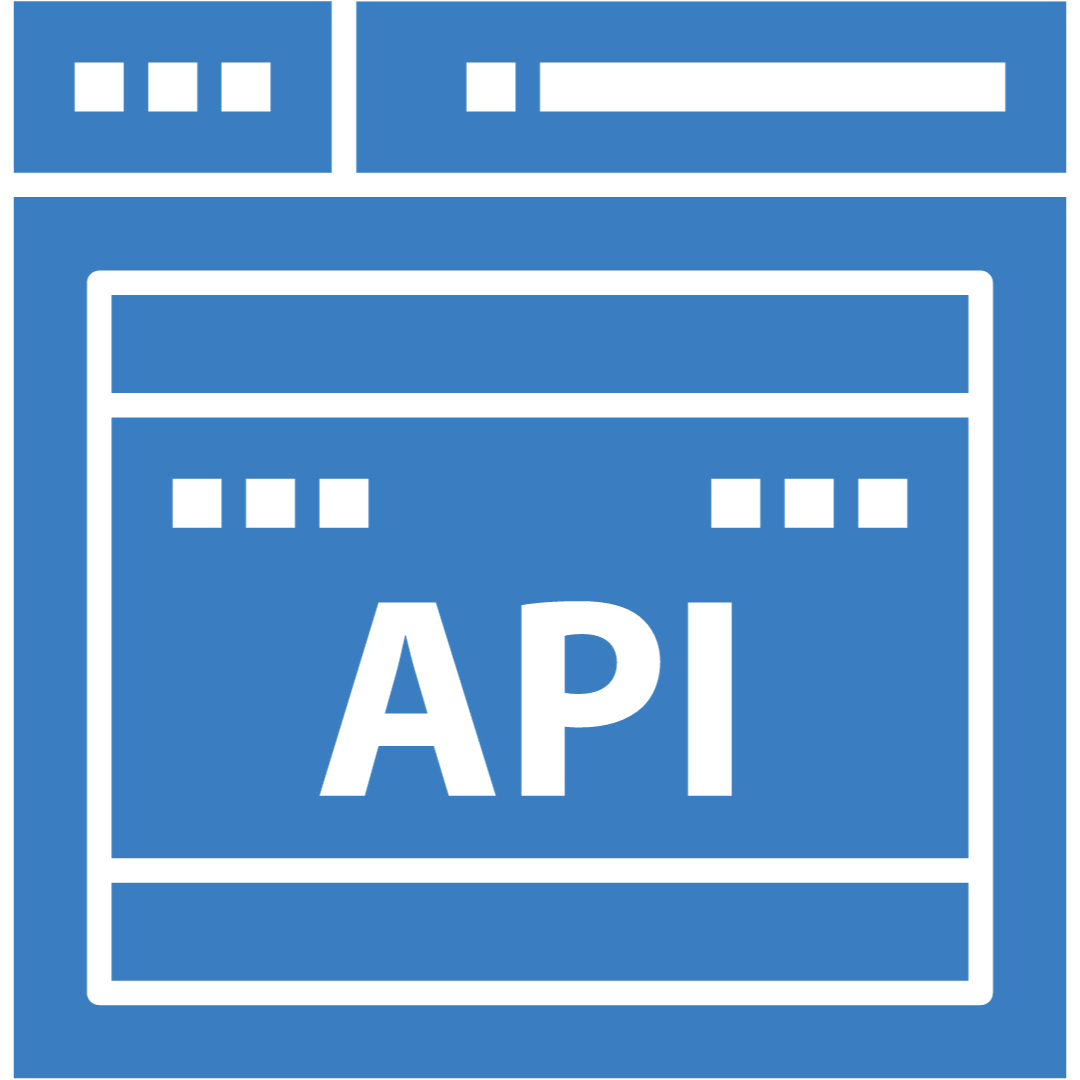
Websites are treasure troves of data, and this data can be as diverse as your business needs. Extracting data from websites serves various purposes, from acquiring contact details to tracking stock prices.
Companies leverage website data to gain insights into competitor pricing strategies, expand their email subscriber list, and analyze dynamic market trend analysis for decision-making. Worried about the web scraping legality and best practices? Rest assured, it's perfectly legal. The key is to adhere to a website's terms of service, avoid scraping sensitive information, and ensure you don't overload their servers.
When web scraping isn't feasible, APIs become the alternative. However, in today's web scraping and APIs in today's business landscape , a combination of web scraping and APIs has become the preferred method for data extraction from websites.
If you need assistance on web development, then feel free to contact us!
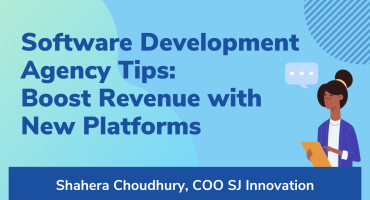
Software Development Agency Tips: Boost Revenue with New Platforms
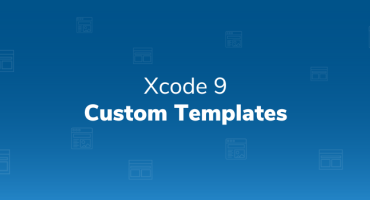
Xcode 9 Custom Templates
